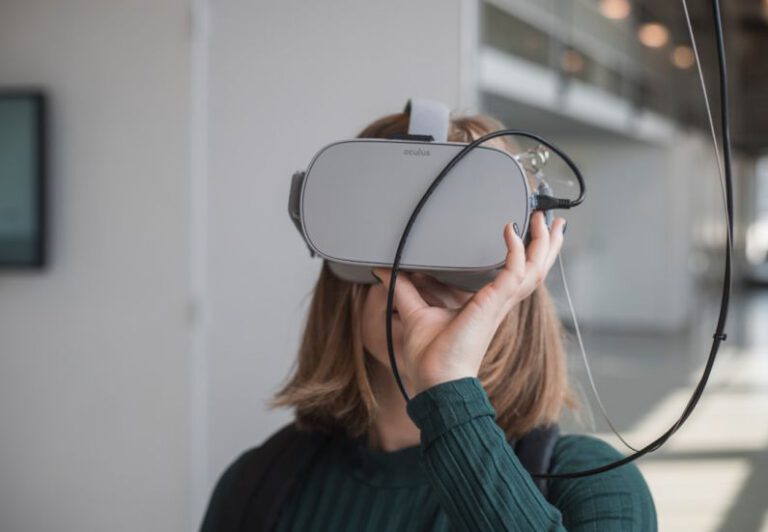Ai in Healthcare: a Revolutionary Approach
Artificial intelligence (AI) in healthcare is revolutionizing the way medical professionals diagnose, treat, and manage patient care. This innovative technology is enhancing efficiency, accuracy, and outcomes in the healthcare industry, providing a new dimension to patient care. From diagnosing diseases to personalizing treatment plans, AI is reshaping the landscape of healthcare, offering unprecedented opportunities for improved patient outcomes and cost-effective healthcare solutions.
**Enhancing Diagnostics and Decision-Making**
One of the most significant impacts of AI in healthcare is its ability to enhance diagnostics and aid in decision-making processes. AI-powered diagnostic tools can analyze vast amounts of patient data, ranging from medical records to imaging results, to identify patterns and trends that may not be apparent to human healthcare providers. This capability enables faster and more accurate diagnoses, leading to timely interventions and improved patient outcomes.
**Personalizing Treatment Plans**
AI algorithms can analyze individual patient data, including genetic information, lifestyle factors, and treatment history, to create personalized treatment plans tailored to each patient’s unique needs. This personalized approach to healthcare allows for more effective treatments, reduced side effects, and better patient compliance. By leveraging AI to personalize treatment plans, healthcare providers can optimize patient care and improve treatment outcomes.
**Efficient Resource Allocation**
AI in healthcare streamlines administrative processes, optimizes resource allocation, and enhances operational efficiency. AI-powered systems can automate tasks such as scheduling appointments, managing medical records, and processing insurance claims, freeing up healthcare professionals to focus on patient care. By improving operational efficiency, AI helps healthcare organizations reduce costs, minimize errors, and enhance the overall quality of care provided to patients.
**Predictive Analytics and Preventive Care**
AI algorithms can analyze patient data to identify patterns and predict potential health issues before they arise. This capability enables healthcare providers to implement preventive measures and interventions to mitigate risks and improve patient outcomes. By leveraging predictive analytics, healthcare organizations can shift from a reactive to a proactive approach to healthcare, focusing on preventing diseases rather than just treating them.
**Challenges and Ethical Considerations**
While AI presents numerous opportunities for revolutionizing healthcare, it also poses challenges and ethical considerations that must be addressed. Issues such as data privacy, algorithm bias, and the potential for job displacement require careful consideration and regulatory oversight. Healthcare organizations must ensure that AI technologies are implemented ethically and responsibly to safeguard patient privacy and maintain the trust of patients and providers.
**The Future of AI in Healthcare**
The future of AI in healthcare holds immense promise for transforming the industry and improving patient outcomes. As AI technologies continue to evolve and become more sophisticated, healthcare providers will have access to powerful tools for diagnosing diseases, personalizing treatments, and enhancing patient care. By embracing AI and leveraging its capabilities, healthcare organizations can revolutionize the way healthcare is delivered, leading to better outcomes for patients and a more sustainable healthcare system.
**In Summary**
Artificial intelligence is a revolutionary approach that is reshaping the healthcare industry, offering new opportunities for improving patient care, enhancing efficiency, and reducing costs. By leveraging AI technologies for diagnostics, treatment personalization, and predictive analytics, healthcare providers can optimize patient outcomes and deliver more effective care. While challenges and ethical considerations exist, the future of AI in healthcare is bright, promising a new era of innovative and patient-centered healthcare solutions.






